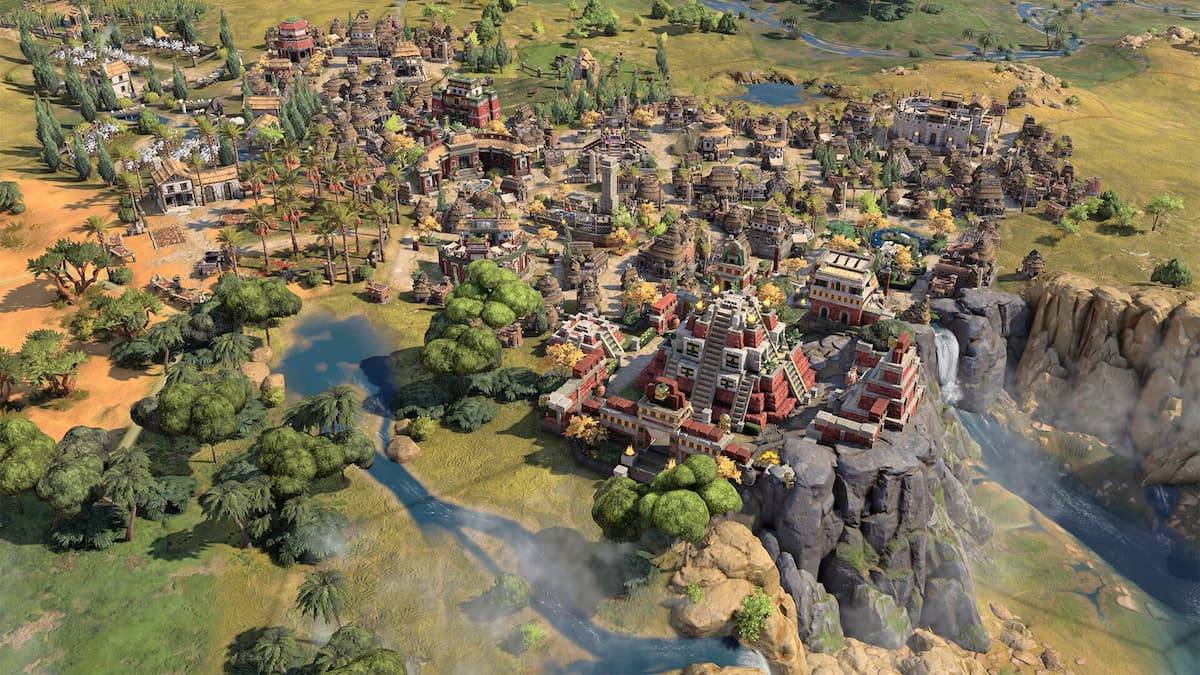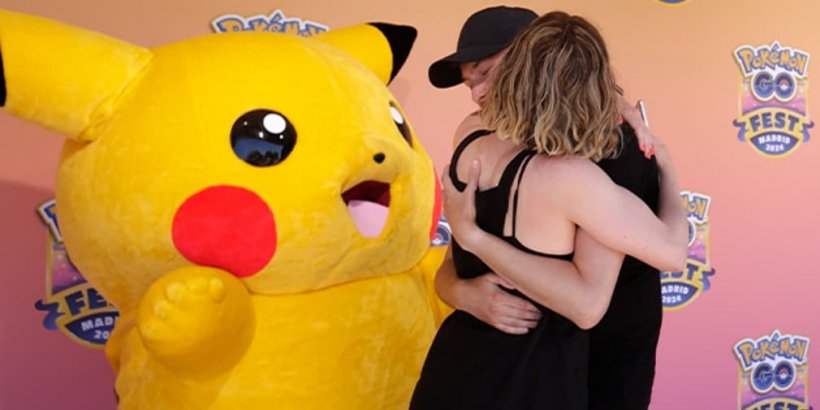Nintendo's aggressive stance against emulation is well-documented. Recent examples include the $2.4 million settlement with Yuzu developers in March 2024, the cessation of Ryujinx development in October 2024 following Nintendo's intervention, and legal pressure on Dolphin's Steam release in 2023. The infamous 2023 case against Gary Bowser, who resold devices enabling Nintendo Switch piracy, resulted in a $14.5 million judgment.
Now, a Nintendo patent lawyer, Koji Nishiura, has shed light on the company's legal strategy. Speaking at Tokyo eSports Festa 2025, Nishiura clarified that while emulators aren't inherently illegal, their use can be. Specifically, emulators that copy game code or bypass console security measures may infringe on copyright laws. This is primarily based on Japan's Unfair Competition Prevention Act (UCPA), which limits Nintendo's reach outside Japan.
The presentation cited the Nintendo DS "R4" card as a precedent. This device allowed users to play pirated games, leading to a successful UCPA lawsuit against its manufacturers and distributors, effectively banning its sale in 2009. Nishiura also highlighted "reach apps," third-party tools like the 3DS's "Freeshop" and the Switch's "Tinfoil," which facilitate pirated software downloads and also violate copyright.
Nintendo's lawsuit against Yuzu cited one million pirated copies of The Legend of Zelda: Tears of the Kingdom, linking the emulator's Patreon revenue ($30,000 monthly) to the distribution of pirated content through "daily updates," "early access," and "special unreleased features."








![A Wife in Venice – New Version v2 [EROTIC DROP]](https://images.737c.com/uploads/87/1719599007667eff9f43e90.jpg)
